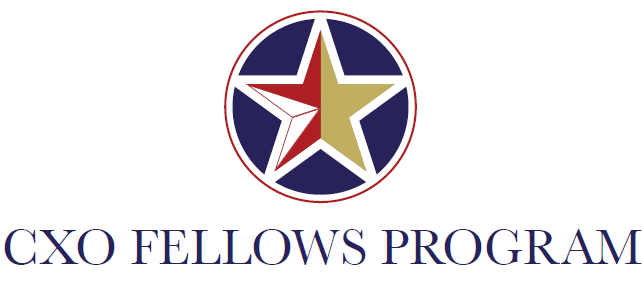Utilize These Traits to Become a Great Leader
Effective leadership is more than simply making decisions and delegating tasks. Successful leaders possess a unique blend of qualities that foster collaboration, understanding, and inclusivity. These leaders practice their active listening skills, have high emotional intelligence (EQ), and recognize and address unconscious biases to create a more inclusive work environment.
In the CXO Fellows Program, we discuss these important characteristics and more in our effort to develop the next generation of federal leaders. Incorporating active listening, emotional intelligence, and addressing unconscious bias into your leadership toolkit can transform your approach to leading and managing teams for the better.
To be an active listener is to hear more than just the words spoken. An active listener understands the message being conveyed. Effective leaders know that giving your undivided attention, maintaining eye contact, and engaging in empathetic responses are essential components of active listening. By truly tuning in to their team members’ concerns, ideas, and feedback, leaders build trust and foster open communication.
Emotional intelligence is a cornerstone of effective leadership. Leaders with a high EQ are attuned to their own emotions, the emotions of others, and the impact they have. This self-awareness enables them to navigate complex interpersonal dynamics with empathy and understanding. Emotionally intelligent leaders can adapt their communication styles, manage conflicts, and inspire their teams to promote a positive emotional climate.
Unconscious biases are inherent preferences or stereotypes that influence our judgment and decision making without consciously being aware. Recognizing and addressing unconscious bias is crucial for leaders seeking to create an inclusive environment. By acknowledging their biases, leaders can actively work to mitigate how those biases impact their decision-making processes and interactions. This enables teams to collaborate more effectively and ensures fair and equitable treatment of all members.
Active listening, emotional intelligence, and unconscious bias are just a sampling of the topics CXO Fellows learn about and discuss during their time in the program. There is no cost to participate in the program, which is offered to federal employees in the fields of acquisition and procurement, financial management and budget, human capital, information technology, and data.
CXO Fellows remain in their current positions at their home agency and come together monthly as a cohort for developmental sessions in leadership, cross-functional and interagency collaboration, and career and network development. CXO Fellows meet with leaders in the federal management community and gain valuable insight into innovative initiatives and best practices.
To learn more about the CXO Fellows Program, including how to apply, click here.

